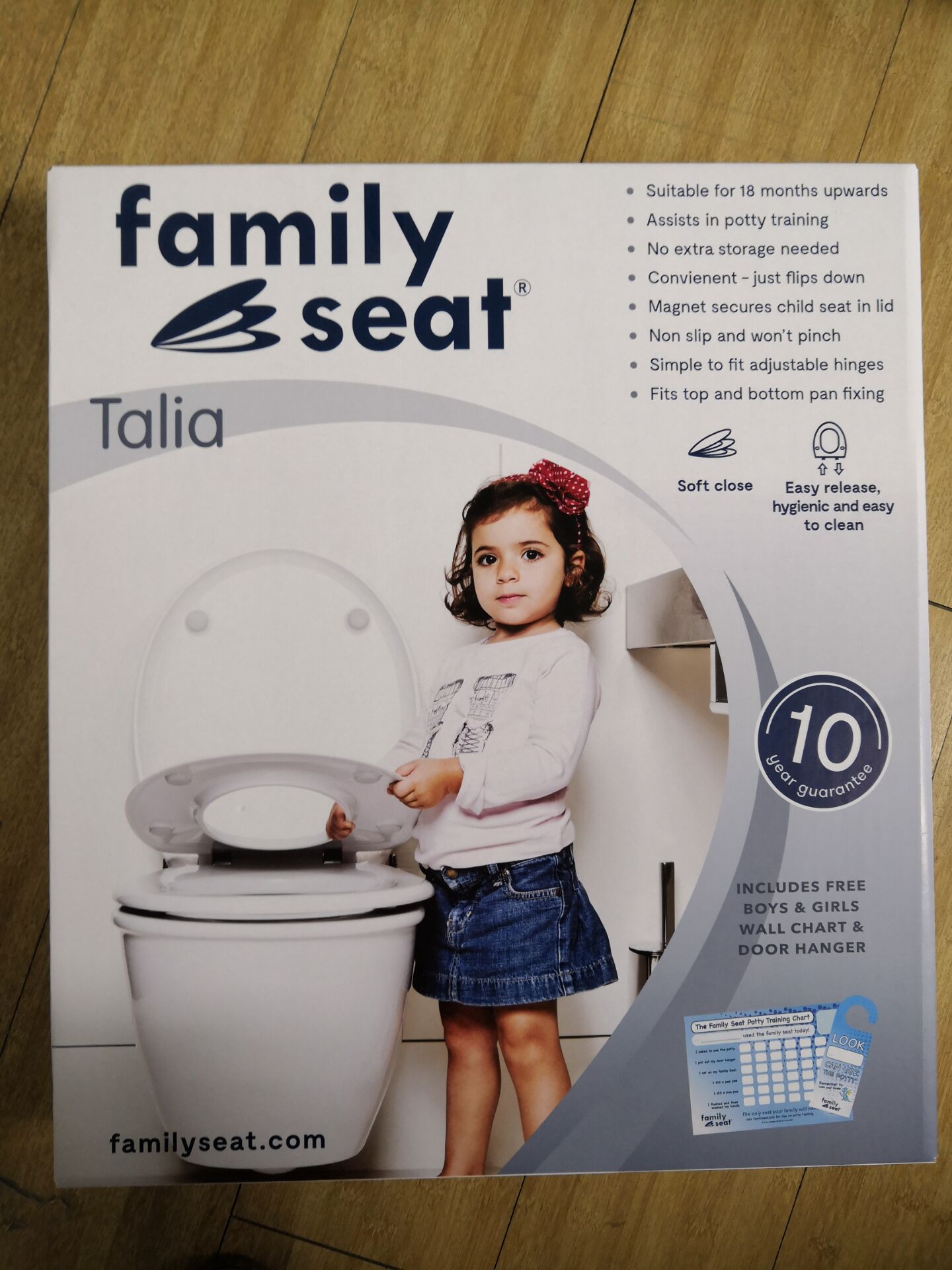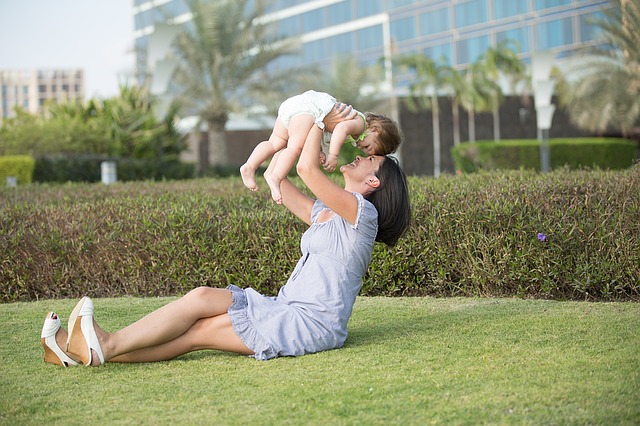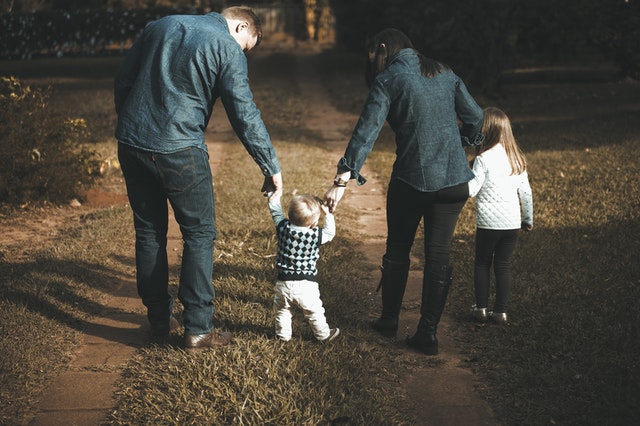Potty Mouth: Tips for Talking to your Toddler on the Toilet

Family Seat are delighted to be working hand in hand with children’s communication charity I CAN, helping to support children with speech, language and communication difficulties. For every product purchased from Family Seat, 50p is donated to the charity. We invited I CAN to share their top tips on how you can support and encourage your little one’s communication...
We invited I CAN to share their top tips on how you can support and encourage your little one’s communication...
“As your children grow up, they will pass through many different milestones; learning to sit, learning to walk and, as they get a little older, learning to use the loo. Potty training your child when they’re around two years old will correspond with another major milestone that really takes off at this age... learning to talk.
Although children usually say their first words around their first birthday, they move on rapidly between the ages of 18 months and two years. During this time, their vocabulary will increase and they will start joining words into short phrases.
Speaking the Right Language
As with all stages of development, there are typical milestones for talking that tell you what to expect from your child. Although we often take it for granted that our little ones will just start talking, there is a lot that we can do to help them along.
After all, communication skills are an essential life skill that children need to be able to learn, make friends and succeed in life. So why not make the most of your potty training routine to help your child with this other important developmental skill? Here are our top tips:
- You may be waiting a while when your little one is on the potty! Take this time to sing together. Nursery rhymes and songs are always fun and a great way to tune children into words. They are repetitive, too, giving your child lots of chances to join in. Understanding rhymes will also prove invaluable when your child learns to read.
- Take every opportunity during the potty training process to help your child learn new words. Think about action words – sit, stand, wash – as well as naming words - sink, soap, step - and describing words, like clean or dirty. Children need to hear a new word many times before they learn it properly, so keep saying the words you want them to learn. It will help your child to see the object you are talking about as well as hear its name, in order to make the connection. This also helps parents to explain what new words mean using visuals as well as language.
- Share a book while you wait and when there are no other distractions. Encourage your child to talk about what they can see and avoid too many questions. Instead, just comment on the story, “Look, Peppa’s climbing...” This will help your child to tune in and listen to you. It also gives them the chance to comment on aspects of the story that they are interested in.
- Use picture cards or cues to help your child learn the right words to show you when they want to use the potty. That way, even if they don’t know the right words to tell you they need to go, they can show you with a picture. You can then say the word back to them and help them to learn it for next time.
- When children are learning to talk they might not always say things the way that adults do. Instead of correcting them, simply respond with the right word. For example if they say, “Mummy, a tat” you say, “Oh yes, a cat.”
Taking the time to focus on your child’s communication skills is really important. And remember, any time can be talking time. Making the most of everyday routines, like potty training, will really help your child without the need to carve out extra time in the day.
Time to Talk
While most children master their milestones without problems, some will struggle. Talking and understanding are no exception, with one in ten children in the UK experiencing long-term communication difficulties.
Read up on the typical milestones for talking so you know what to expect and if you’re worried about your child’s communication, why not get in touch with the I CAN Help Enquiry Service for some free advice and resources from one of our speech and language therapists?
So, get your child’s ‘Potty Mouth’ going and listen in wonder as their communication skills take off!”

 Building Festive Traditions as a Family
Building Festive Traditions as a Family  The Family Seat Christmas Gift Guide for 2019
The Family Seat Christmas Gift Guide for 2019 .jpg) Setting up your Bathroom for Potty Training
Setting up your Bathroom for Potty Training  The Importance of Planning Ahead for Potty Training
The Importance of Planning Ahead for Potty Training  Starting School but Not Fully Potty Trained
Starting School but Not Fully Potty Trained  Understanding the Potty Training Window
Understanding the Potty Training Window  The Stigma of the Stay at Home Parent
The Stigma of the Stay at Home Parent  Mum Shaming and Potty Training
Mum Shaming and Potty Training  The Benefits of Creating a Toilet Training Plan
The Benefits of Creating a Toilet Training Plan  Finding the Time to Commit to Potty Training
Finding the Time to Commit to Potty Training